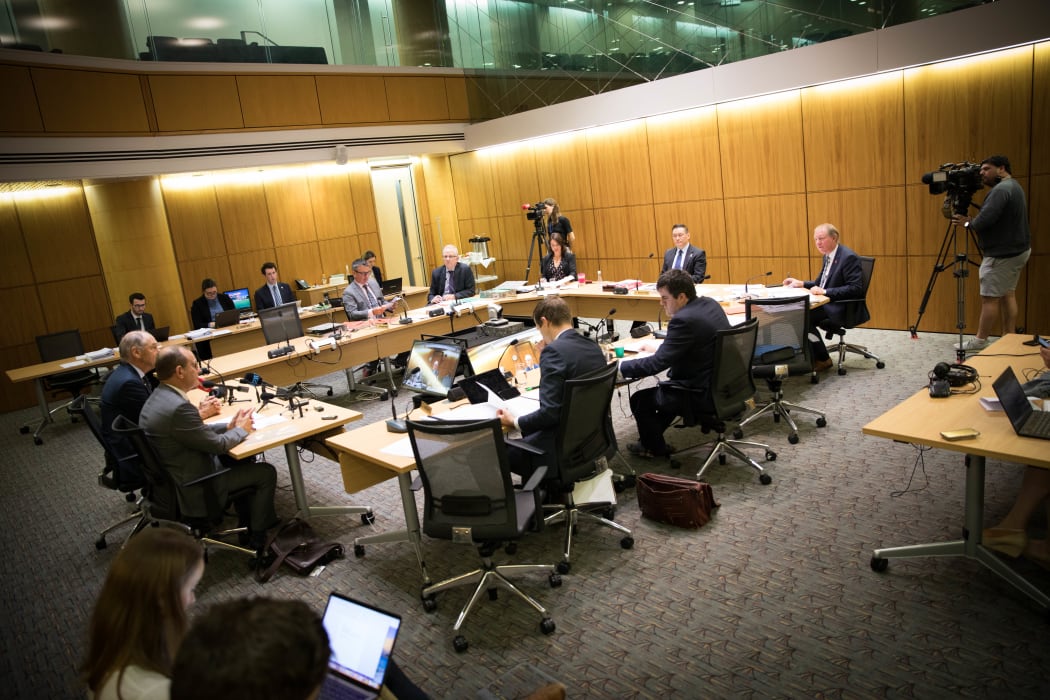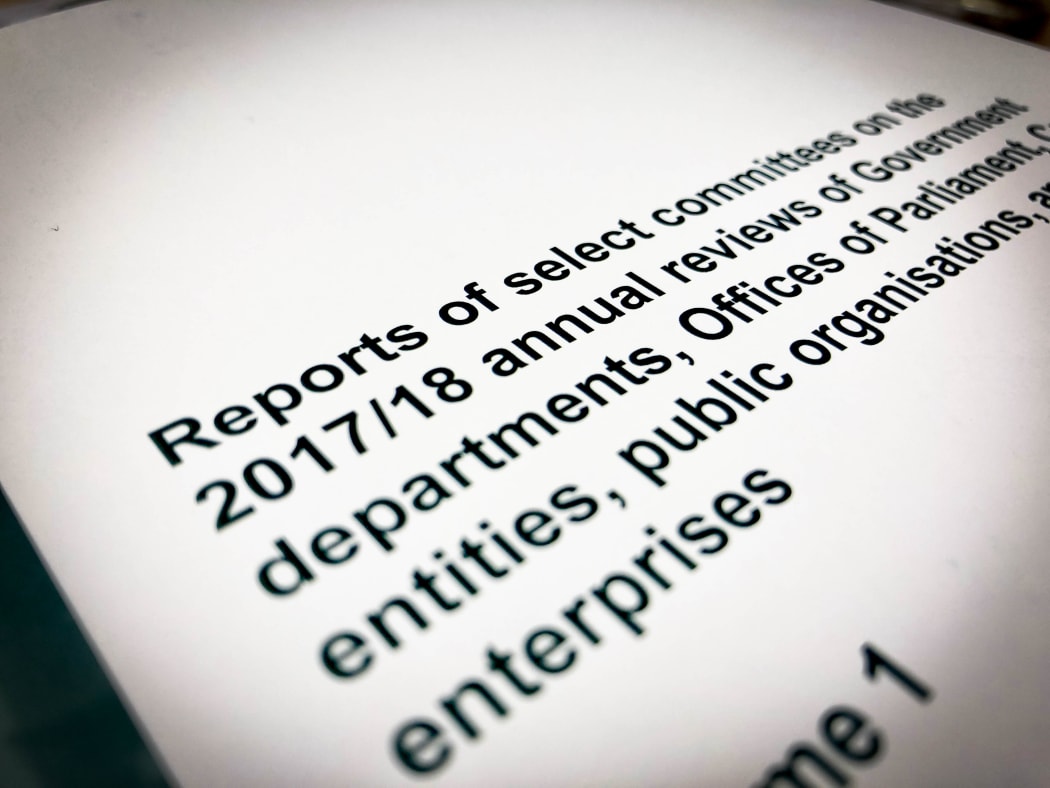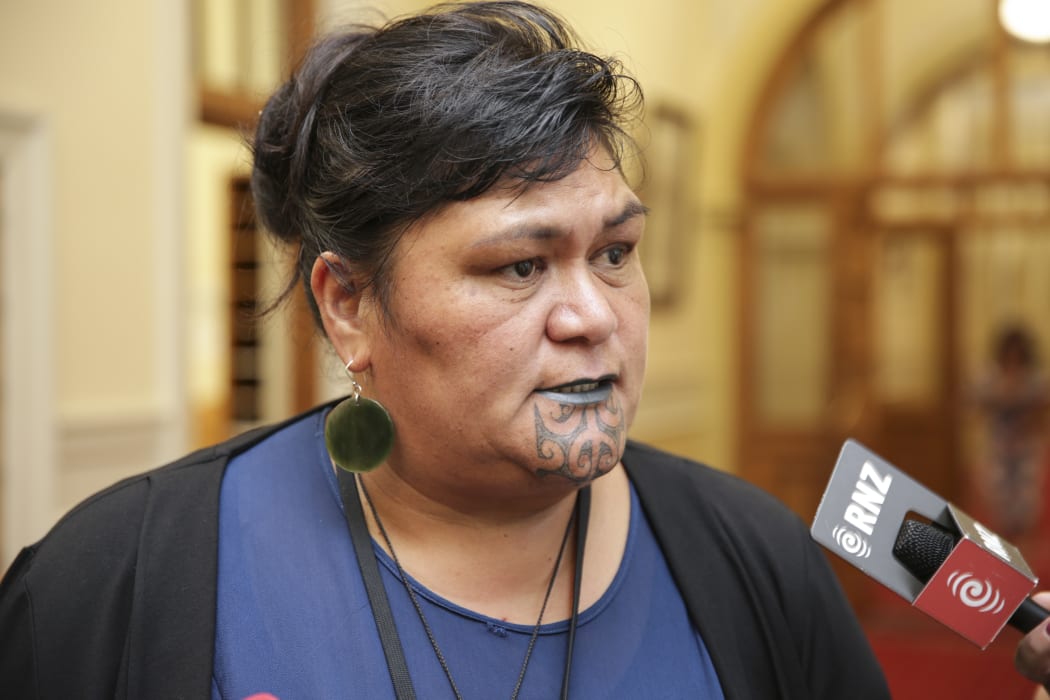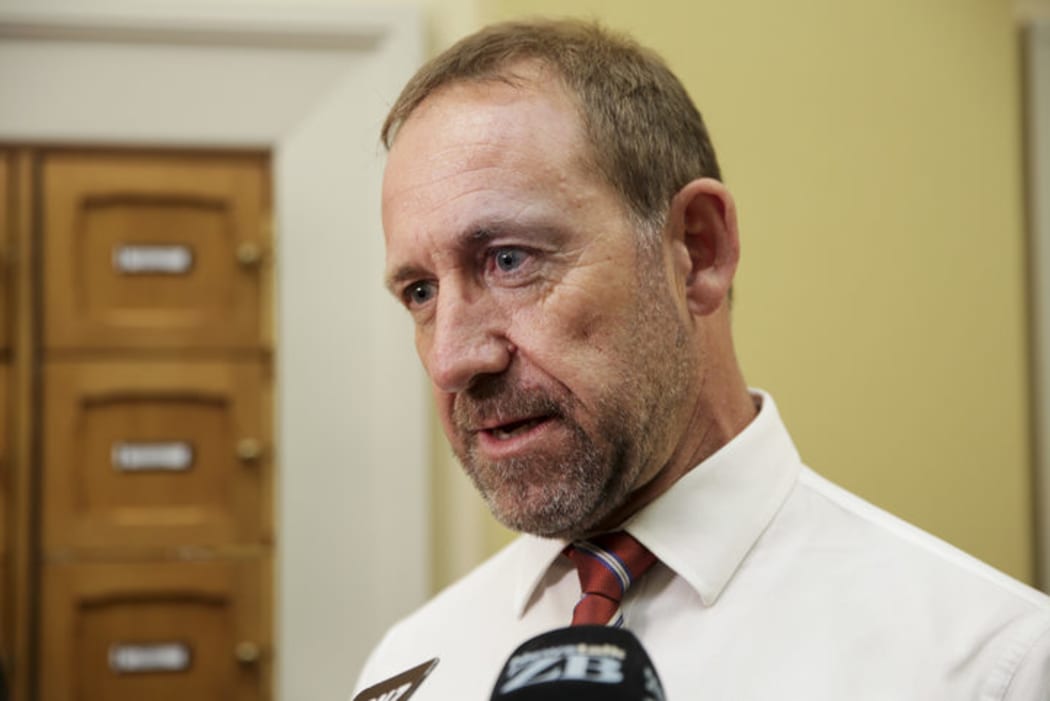Every year Parliament approves and scrutinises government spending.
This week, the House of Representatives will begin the scrutiny part by examining the spending and performance of Government agencies over the past financial year.
It’s a long debate of up to 10 hours but it’s spread over a few days so the usual question time and other legislation can make an appearance as well.

The Justice Committee conducts an annual review of the Independent Police Conduct Authority Photo: VNP / Daniela Maoate-Cox
Question time - 2pm
The fastest moving part of a sitting day with 12 questions to Ministers.
Opposition MPs will try to catch the government out while government party MPs will throw softer questions to give a Minister the chance to boast.
Follow up questions (supplementaries) are the norm but at the discretion of the Speaker Trevor Mallard who has been known to award and remove supplementaries when MPs misbehave.
The Annual Review Debate

MPs will debate reports from select committees on Government departments for the last financial year. Photo: VNP / Daniela Maoate-Cox
What:
-
The official title is the Appropriation (2017/18 Confirmation and Validation) Bill but that’s a mouthful so it’s more commonly referred to as the Annual Review Debate
-
Ten hours of debate spread out over a few days.
-
The “confirmation” and “validation” words in the title are key to the purpose of this bill. It’s technically a sign off on spending over the past financial year but also a check that government agencies did what they were meant to do.
Who:
-
Minister of Finance Grant Robertson is in charge of this bill
Why:
-
This bill is a regular part of Parliament’s financial cycle and its time at select committee is a little different to other bills. Various heads of departments (like DHBs or ACC) have fronted up to select committees over the past few months to report on and if necessary justify their performance.
-
This debate will be on those reports. The Government party MPs will likely talk about how well it’s done and perhaps blame any failings on the previous government. Opposition MPs will likely focus on the flaws and talk about how much better they’d do if they were in charge.
But why really?:
-
Transparency. Annual reviews and this debate are done in the open so the public can see what’s going on.
No school till you’re five - second reading

Minister of Education Chris Hipkins Photo: VNP / Daniela Maoate-Cox
What:
-
This follow up Bill of adjustments for education makes a number of changes including: adding student safety to the requirements for registration of private schools; preventing the Education Council from unilaterally changing the qualification requirements for teachers; expanding the provision of distance education through communities of online learning; ensuring that the option of ‘cohort entry’ (beginning in groups, not one by one on their birthday) for new-entrants doesn’t mean children start school before they are 5 years old.
-
This bill has come back from the Education and Workforce Committee which made some recommendations for changes to the bill in a report which can be read here.
Who:
-
Minister of Education Chris Hipkins is in charge of this bill
Why:
-
That cohort change will mean that schools will now be able to opt for start-of-term or mid-term cohort entry (of all new students who turned five since the last cohort). This is because some children were starting school up to two months before they turned five (to be in the cohort closest to their birthday).
Well being council planning - third reading

Minister of Local Government Nanaia Mahuta Photo: RNZ
What:
- This makes some small changes to the Local Government Act 2002, putting back some things that were removed by the previous government. It will allow local governments to include consideration of things like social, environmental and community well-being in their planning processes.
- This change is similar to the new multi-factor budget tool (the living standards framework) Treasury have been building for most of a decade to help governments balance budget decisions on factors beyond just cost.
Who:
-
Minister of Local Government Nanaia Mahuta is in charge of this bill.
What’s in a name? - first reading

Minister of Justice Andrew Little Photo: RNZ / Richard Tindiller
What:
-
The bill will make sure that only an official ombudsman appointed under the Ombudsman Act can be called ‘Ombudsman’. Some exemptions are possible for private sector positions like the Banking Ombudsman and the Insurance & Financial Services Ombudsman.
Who:
-
Minister of Justice Andrew Little is in charge of this bill.
That’s the plan for today. To see how far through the House gets visit the Parliament website’s daily progress report here.


